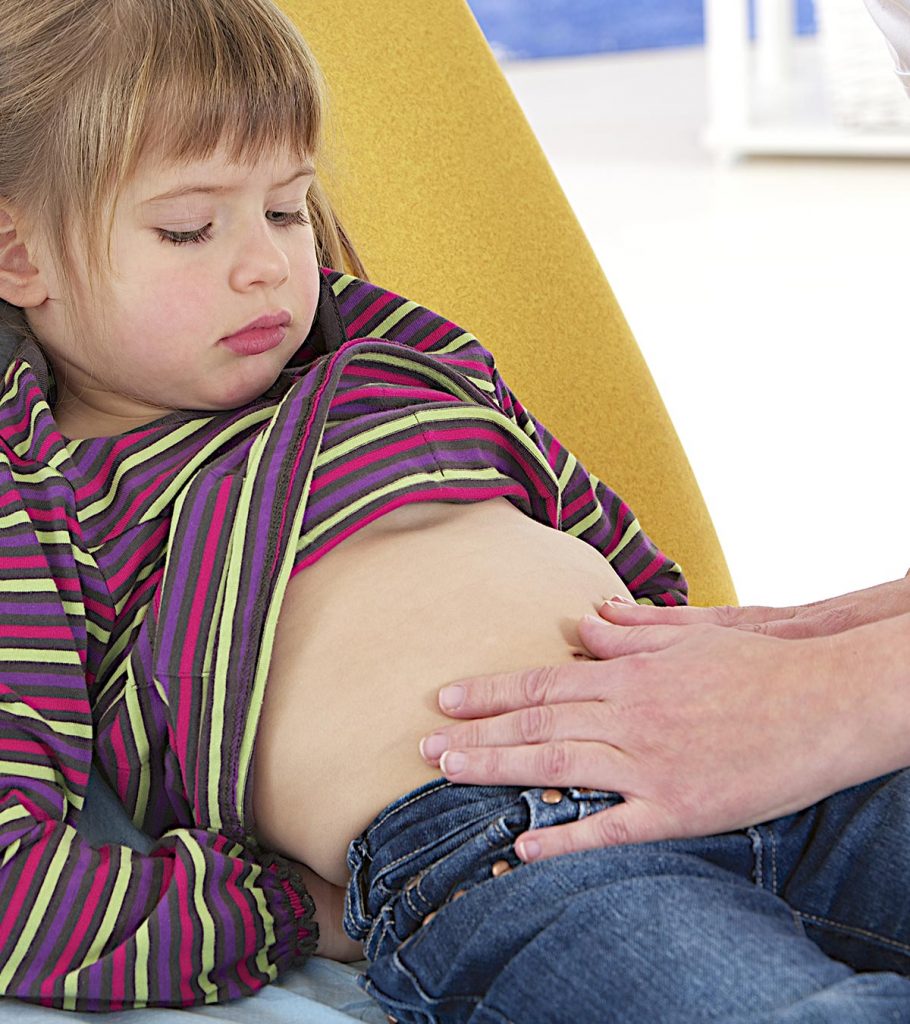
Researchers from the University of Bari, in Italy, after having evaluated about a thousand children, found that children who had IBS were four times more likely to have celiac disease. 270 children in the study had IBS, and nearly four-and-a-half percent of them were also diagnosed with celiac disease. This was a sharp increase in comparison to children without IBS, whose incidence of celiac disease was barely one percent.
Irritable bowel syndrome, or IBS, is a problem that affects mainly the bowel which is also called the large intestine. The bowel is the part of the digestive system that makes and stores stool. The word syndrome means a group of symptoms. IBS is a syndrome because it can cause several symptoms. For example, IBS causes cramping,bloating, gas, diarrhea, and constipation. On the other hand, Celiac disease is an autoimmune digestive disease that damages the villi of the small intestine and interferes with absorption of nutrients from food.
One British study found that the chance of having celiac disease was 7 times higher for patients with IBS than for the general public. In an Iranian study, nearly 10% of patients with IBS also had celiac disease. In 2009, researchers from Canada and the U.S. reviewed the results of 14 earlier studies involving more than 4000 participants, roughly half of whom had IBS. All participants in the studies were tested for celiac disease. The researchers found that patients with IBS had a prevalence of celiac disease more than 4 times higher than participants without IBS.
Celiac disease is triggered by consumption of the protein called gluten, which is found in wheat, barley and rye. When people with celiac disease eat foods containing gluten, their immune system responds by damaging the finger-like villi of the small intestine. When the villi become damaged, the body is unable to absorb nutrients into the bloodstream, which can lead to malnourishment. Left untreated, people with celiac disease can develop further complications such as other autoimmune diseases, osteoporosis, thyroid disease, and cancer.
Both condition (IBS & Celiac disease) share symptoms like gas, bloating, aches, diarrhea, constipation, and changes to the look and consistency of stools. But for celiac disease, there are additional possible symptoms, including signs and complications ranging from dental defects to joint pain and osteoporosis.
IBS in Children
IBS tends to run in families.
Stress can cause IBS, too. It can speed up your colon and slow your stomach down. Let’s say a kid has a big test at school the next day and really worries about it, that’s stress.

What kids eat can also be a trigger, but this can be different for each kid. For example, a high-fat diet may bother some kids. Drinks high in sugar may cause diarrhea in other kids. Eating big meals and spicy foods often cause problems, so if you have IBS, try to avoid those.
To diagnose celiac disease, physicians will usually test blood to measure levels of:
- Immunoglobulin A (IgA)
- Anti-tissue transglutaminase (tTGA)
- IgA anti-endomysium antibodies (AEA)
Treatment
- In children, IBS is treated mainly through dietary changes–eating more fiber and less fat to help prevent spasms. Fruits, vegetables, and high-fiber foods like beans and popcorn can help keep a kid’s colon running properly.
- Drinking water can help a cranky colon, too.
- Bowel training by teaching the child to empty the bowels at regular, specific times during the day.
- Medications like laxatives are rarely prescribed because children are more susceptible to addiction than adults. When laxatives are necessary, parents must follow the doctor’s instructions carefully.
- Teaching stress management techniques to help children manage stress.

On receiving treatment, the small intestine is usually completely healed in 3 to 6 months in children. In order to stay well, children with celiac disease must avoid gluten for the rest of their lives. Eating any gluten ( foods that contain wheat including spelt, triticale, and kamut, rye and barley.), no matter how small an amount, can damage the small intestine.
Food Triggers
- big meals
- spicy foods
- high-fat foods
- chocolate
- some dairy products like ice cream or cheese
Disclaimer
The Content is not intended to be a substitute for professional medical advice, diagnosis, or treatment. Always seek the advice of your physician or other qualified health provider with any questions you may have regarding a medical condition.




